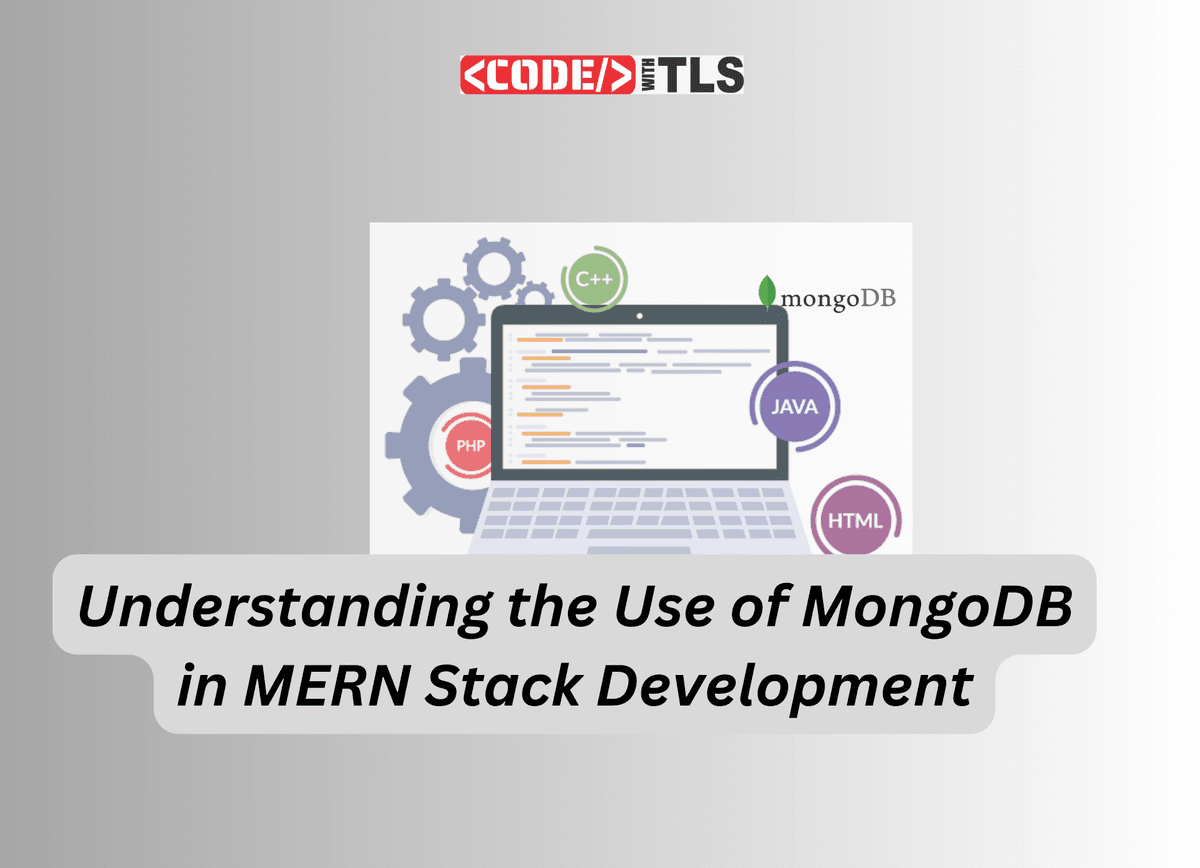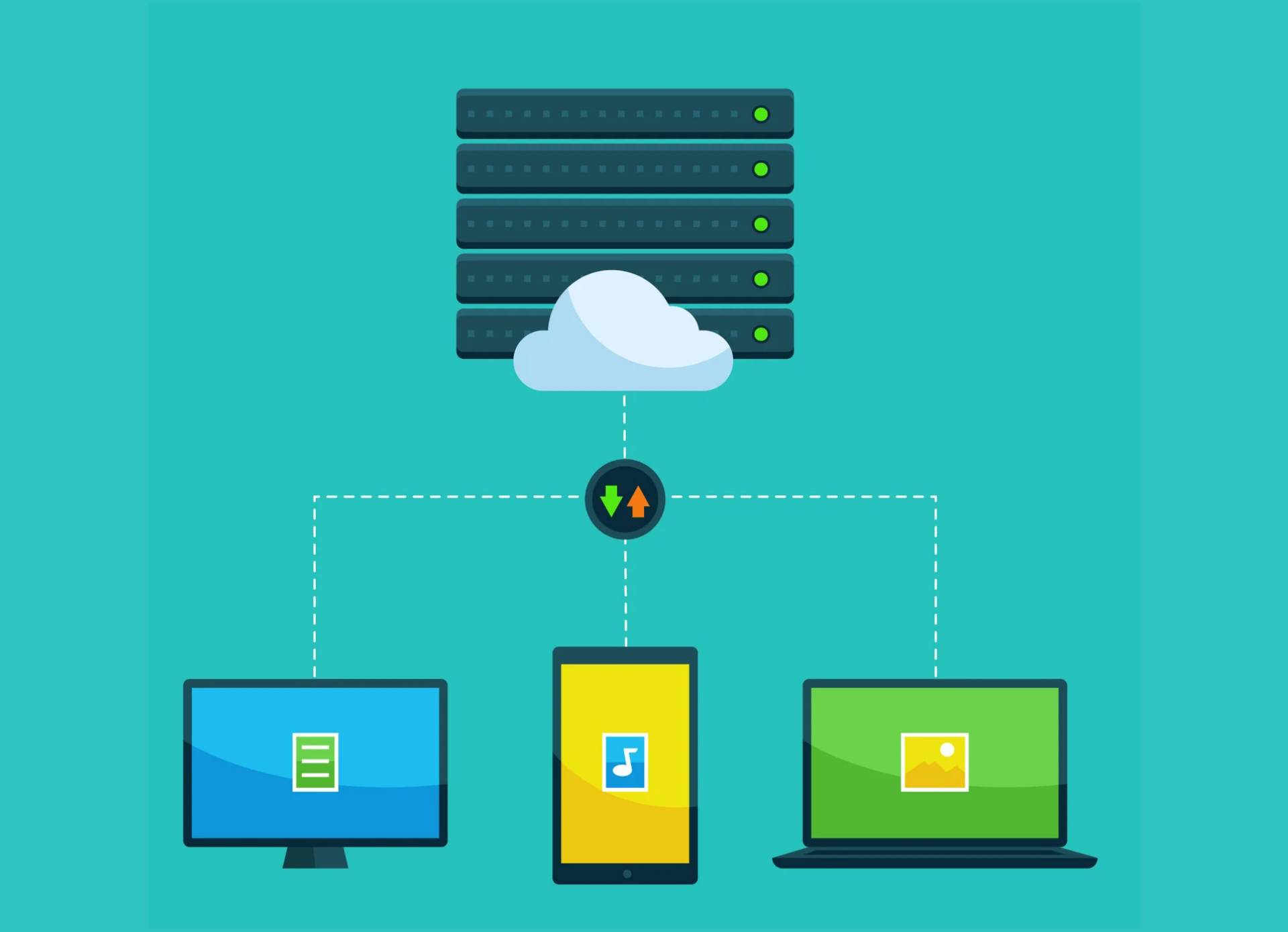

Understanding the Use of MongoDB in MERN Stack Development
Published: 2025-01-16 10:59:31
MongoDB plays an integral role in the MERN stack, serving as the database backbone for many modern web applications. As a NoSQL database, it offers unmatched flexibility, scalability, and ease of use for developers building full-stack JavaScript applications. This article focuses on the use of MongoDB in MERN stack development, exploring how it integrates seamlessly with the stack, its key features, and best practices for leveraging its capabilities to create robust and scalable applications.
Exploring the Use of MongoDB in MERN Stack Development
The MERN stack is a popular web development framework that comprises four main technologies: MongoDB, Express.js, React, and Node.js. Among these, MongoDB plays a critical role as the database management system, enabling efficient data storage and retrieval. This article delves deep into the use of MongoDB in MERN stack development, highlighting its significance, features, and how it integrates seamlessly into the stack.
Know About: Best Digital Marketing Institute in Delhi
What is MongoDB?
MongoDB is a NoSQL database that stores data in a flexible, JSON-like format called BSON (Binary JSON). Unlike traditional relational databases, MongoDB does not rely on predefined schemas or tables. Instead, it uses collections and documents, making it highly adaptable to a wide range of use cases.

Why MongoDB for the MERN Stack?
MongoDB's design aligns perfectly with the principles of the MERN stack. Here’s why it is the preferred database for this framework:
Scalability: MongoDB’s horizontal scaling allows developers to handle large amounts of data efficiently, a common requirement in modern web applications.
Flexibility: The document-oriented structure enables developers to store diverse data types, making it ideal for dynamic applications.
Integration with JavaScript: MongoDB’s JSON-like format makes it highly compatible with JavaScript, the core language used across the MERN stack.
High Performance: It supports indexing, replication, and sharding, ensuring fast and reliable data access.
Open Source: As an open-source solution, MongoDB is cost-effective and widely supported by the developer community.
Core Features of MongoDB in MERN Stack Development
1. Document-Oriented Storage
MongoDB uses a flexible document structure that allows developers to model complex data easily. Each document is a key-value pair similar to JSON objects, making it intuitive for JavaScript developers.
2. Schema Flexibility
Unlike relational databases, MongoDB does not enforce a fixed schema. This flexibility enables developers to adapt their data models as application requirements evolve.
3. Indexing
MongoDB supports various indexing options to enhance query performance. Indexes can be created in fields within documents, enabling faster data retrieval.
4. Aggregation Framework
The aggregation framework in MongoDB provides powerful data processing capabilities. Developers can perform complex queries, transformations, and calculations directly within the database.
5. Horizontal Scaling
MongoDB’s sharding feature allows data to be distributed across multiple servers, ensuring scalability and high availability.

1. MongoDB and Node.js
Node.js, as the runtime environment for server-side JavaScript, uses MongoDB's native driver or an Object Data Modeling (ODM) library such as Mongoose to interact with MongoDB. This connection enables Node.js to manage data within the database effectively.
- Native Driver: Directly connects to MongoDB for CRUD operations.
- Mongoose: Simplifies interaction by offering schema-based modeling, validation, and middleware capabilities.
Using these tools, developers can create seamless data flows between their server-side logic and the database.
2. MongoDB and Express.js
- Express.js, the web application framework in the MERN stack, acts as middleware to facilitate communication between the client and the database. It enables the creation of RESTful APIs that allow applications to interact with MongoDB efficiently.
- Developers use Express.js to handle routing, request parsing, and responses while implementing endpoints to perform database operations such as retrieving, adding, updating, or deleting data. By leveraging Express.js, building scalable and maintainable server-side applications becomes straightforward.
- Through this seamless integration, MongoDB enables efficient data handling, supporting the dynamic nature of MERN stack applications.
Read Also: MERN Stack vs MEAN Stack: Which One Should You Learn?
3. MongoDB and React
React is responsible for the front end of the MERN stack. While MongoDB does not directly interact with React, the data retrieved from MongoDB through Express.js and Node.js is sent to the React front via APIs. This data is then rendered dynamically in the user interface.
Best Practices for Using MongoDB in MERN Stack Development
1. Optimize Schema Design
Design schemas that align with application requirements. Denormalization, embedding, and referencing should be used appropriately based on the data relationships.
2. Use Indexing Wisely
Create indexes for fields that are frequently queried to enhance performance. However, avoid excessive indexing as it can impact write operations.
3. Implement Security Measures
Enable authentication and authorization in MongoDB. Use SSL/TLS for secure data transfer and ensure that the database is not exposed to the public internet.
4. Monitor and Optimize Performance
Use tools like MongoDB Atlas, Compass, or monitoring plugins to track database performance. Identify bottlenecks and optimize queries accordingly.
5. Handle Errors Gracefully
Always implement error-handling mechanisms to manage issues like connection failures, validation errors, or data inconsistencies.
Real-World Applications of MongoDB in MERN Stack
MongoDB’s versatility makes it suitable for a variety of applications in the MERN stack. Some examples include:
- E-commerce Platforms: Managing product catalogs, user profiles, and order histories.
- Social Media Applications: Storing user-generated content, relationships, and activity logs.
- Content Management Systems (CMS): Handling flexible content types and metadata.
- Healthcare Systems: Maintaining patient records and appointment schedules.
- Educational Platforms: Managing courses, student data, and progress tracking.

MongoDB Atlas: A Managed Solution
For developers looking to simplify database management, MongoDB Atlas offers a fully managed cloud database service. It automates tasks like backups, scaling, and monitoring, allowing teams to focus on development.
FAQs:
1. What are the main uses of MongoDB?
MongoDB is used for scalable applications, real-time analytics, content management, mobile apps, IoT systems, and big data projects. It handles unstructured data, offers high performance, and scales horizontally.
2. What is the use of MongoDB in the MEAN Stack?
In the MEAN stack, MongoDB is the NoSQL database, providing flexible data storage, scalability, and fast data retrieval. It integrates seamlessly with Node.js for real-time applications.
3. Is MongoDB better than SQL?
MongoDB is preferred over SQL for applications requiring high scalability, flexibility, and unstructured data handling. It doesn't require a fixed schema, enabling quick changes to data models. However, SQL databases are better for complex queries and transactional consistency.
4. Which database is used in the MERN stack?
The MERN stack uses MongoDB, a NoSQL database that stores data in a flexible, JSON-like format.
5. Is MongoDB frontend or backend?
MongoDB is a backend technology, used for storing and managing data on the server side.
6. Why MongoDB is used?
MongoDB is used for its scalability, flexible schema, speed, and seamless integration with JavaScript-based frameworks like Node.js and React.
7. Is MERN stack in demand in 2025?
Yes, the MERN stack remains in high demand in 2025 due to its efficient, full-stack JavaScript framework and growing need for dynamic web apps.
Summary
The use of MongoDB in MERN stack development is pivotal to building modern, scalable, and efficient web applications. Its seamless integration with Node.js, flexibility, and robust feature set make it an indispensable part of the stack. By adhering to best practices and leveraging MongoDB’s capabilities, developers can create dynamic applications that meet diverse business needs.
Whether you're developing a simple application or a complex system, MongoDB provides the scalability and performance required to power your MERN stack projects effectively.
Read More: Top Tools and Libraries Every MERN Stack Developer Should Know


